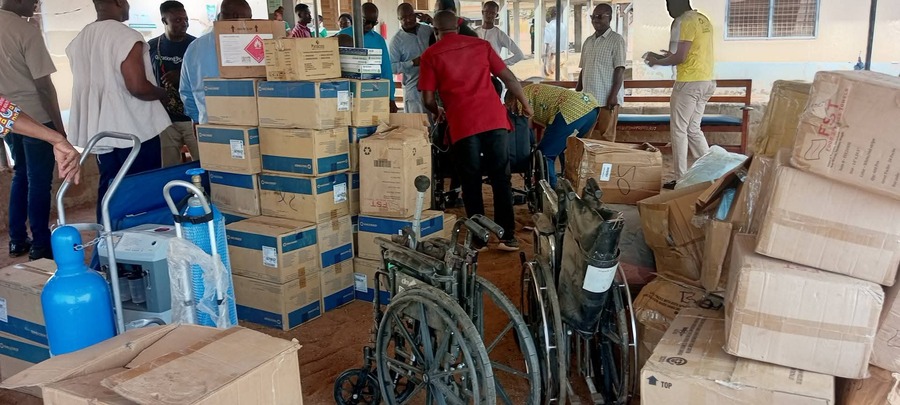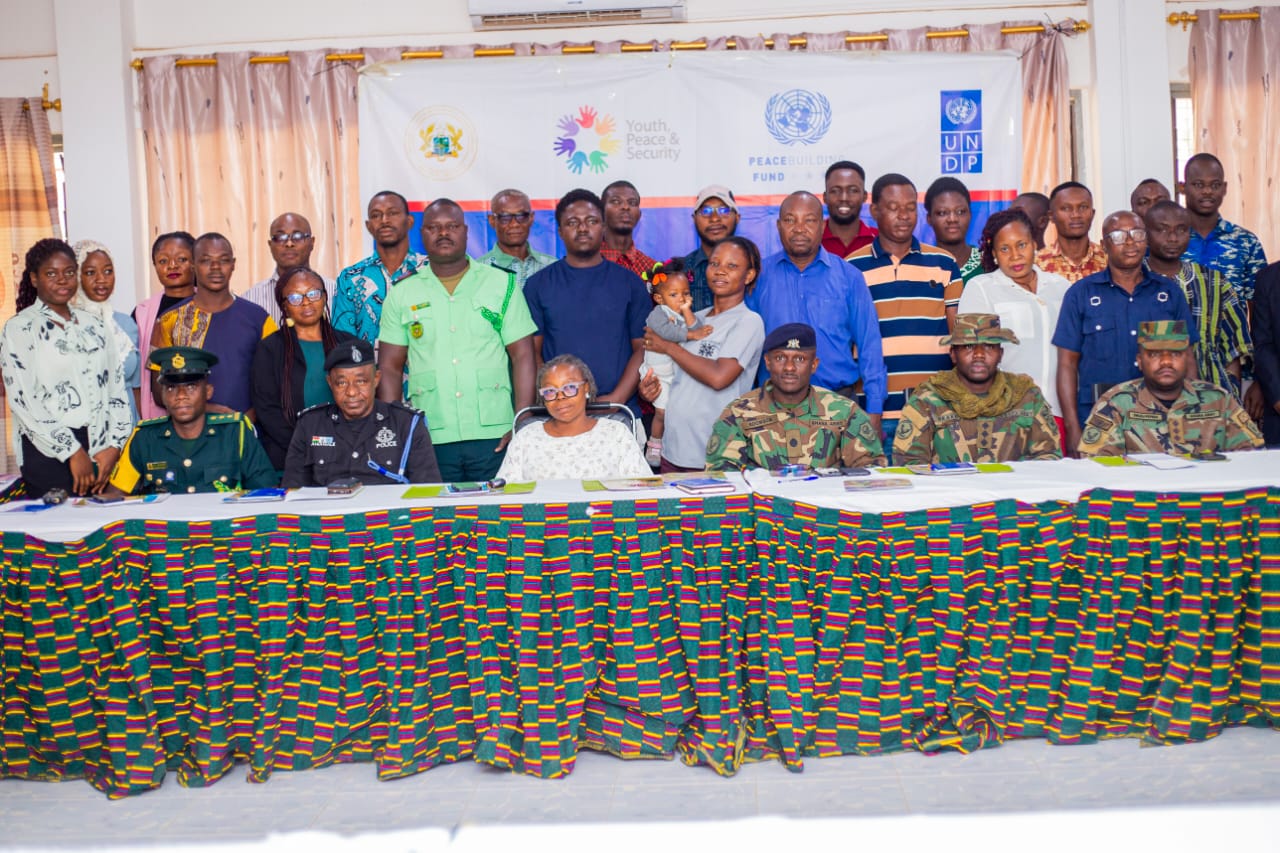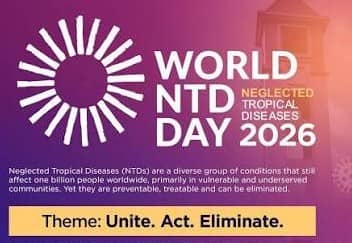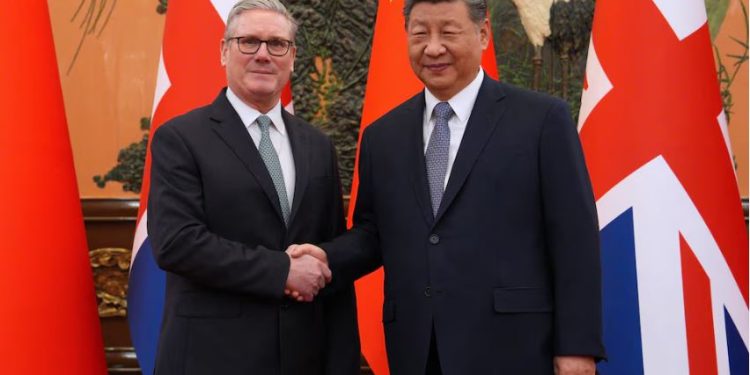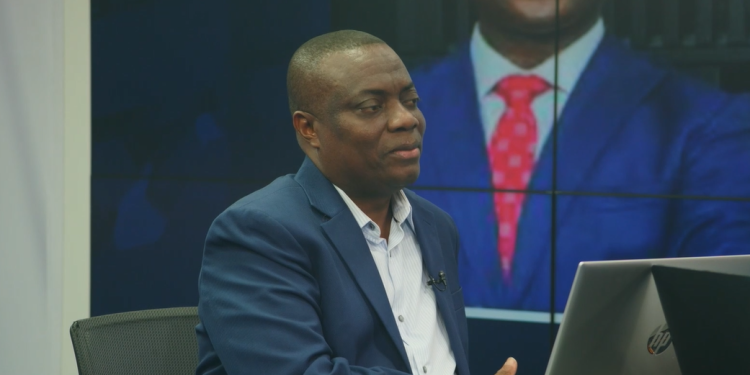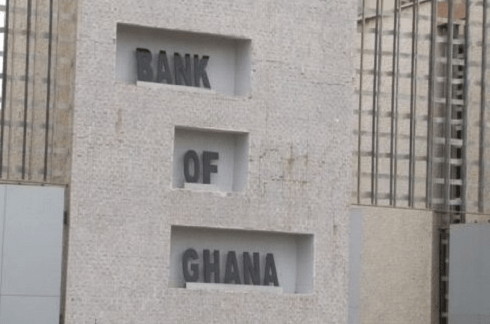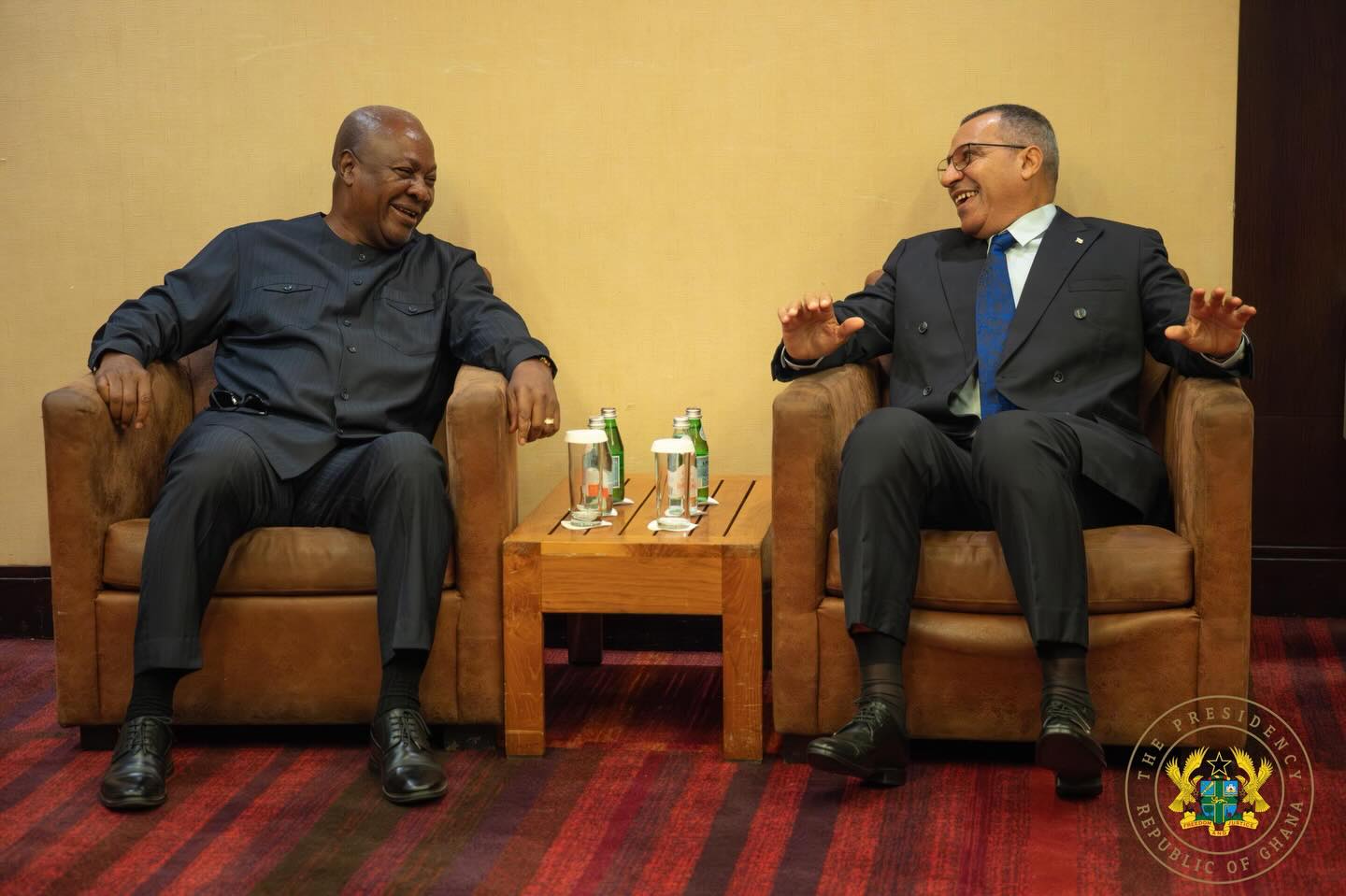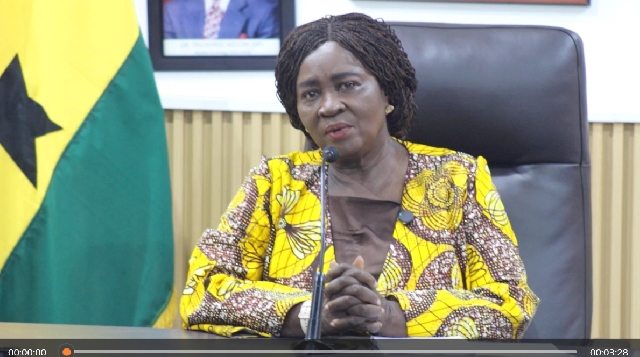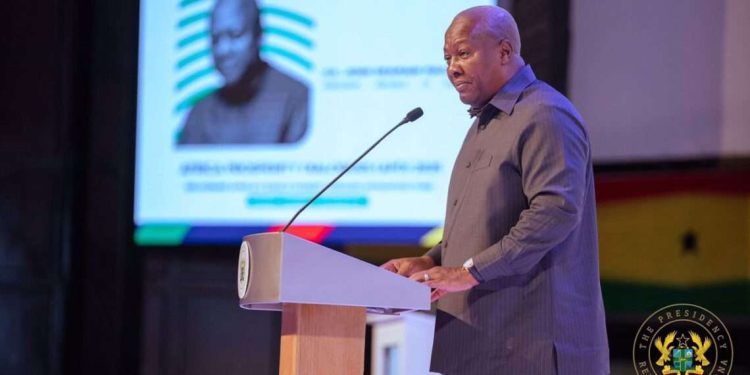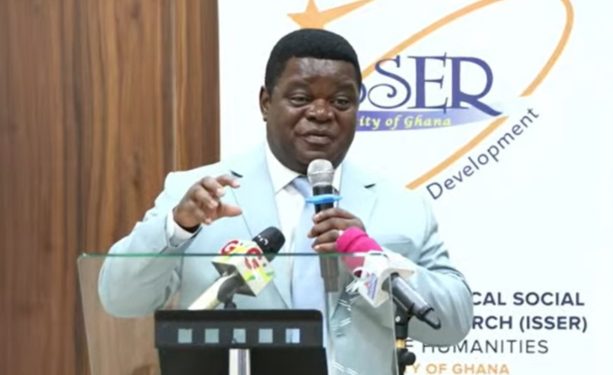Ghana’s economy could outpace the growth forecasts set by the International Monetary Fund (IMF) and the World Bank for 2025, according to economist Professor Peter Quartey.
The IMF, in its latest World Economic Outlook, projects a 4 percent GDP growth for Ghana by the end of 2025, while the World Bank’s forecast stands slightly higher at 4.3 percent. Both organizations remain cautiously optimistic as Ghana continues its economic recovery programme.
However, Professor Quartey, a former Director of the Institute of Statistical, Social and Economic Research (ISSER), believes the country can surpass these targets if it maintains its current pace of fiscal and structural reforms. He noted that the IMF and World Bank typically adopt conservative estimates, but Ghana’s resilience and strengthening economic fundamentals could produce even stronger growth outcomes.
“Certainly, the IMF and the World Bank are often cautiously optimistic; they don’t want to project so high numbers that only you cannot achieve,” Prof. Quartey remarked. “But as a country, oftentimes we have gone beyond their projections, all things being equal, and I believe we will go beyond the 4% they are projecting.”
Despite his optimism, Prof. Quartey cautioned that Ghana’s pursuit of economic growth must not compromise environmental sustainability. He stressed the urgent need to address the threat of illegal mining, or galamsey, warning, “You can grow by 10 percent, but if you destroy your environment, water bodies, and poison your food sources, it is not something to celebrate about.”
Prof. Quartey made these comments during an interview with Citi Business News, on the sidelines of a symposium honouring Emeritus Professor Ernest Aryeetey at the University of Ghana. The event, themed “Placing Research at the Centre of Higher Education in Africa,” celebrated Professor Aryeetey’s transformative leadership as a distinguished economist and former Vice-Chancellor.
During his tenure as Vice-Chancellor from 2010 to 2016, Professor Aryeetey championed bold reforms to strengthen research capacity, governance, and international collaboration at the University of Ghana. His legacy includes expanding graduate programmes, fostering faculty development, and establishing global partnerships to position the institution as a research-intensive university driving structural transformation and national progress in Ghana and across Africa.
Source: Apexnewsgh.com

